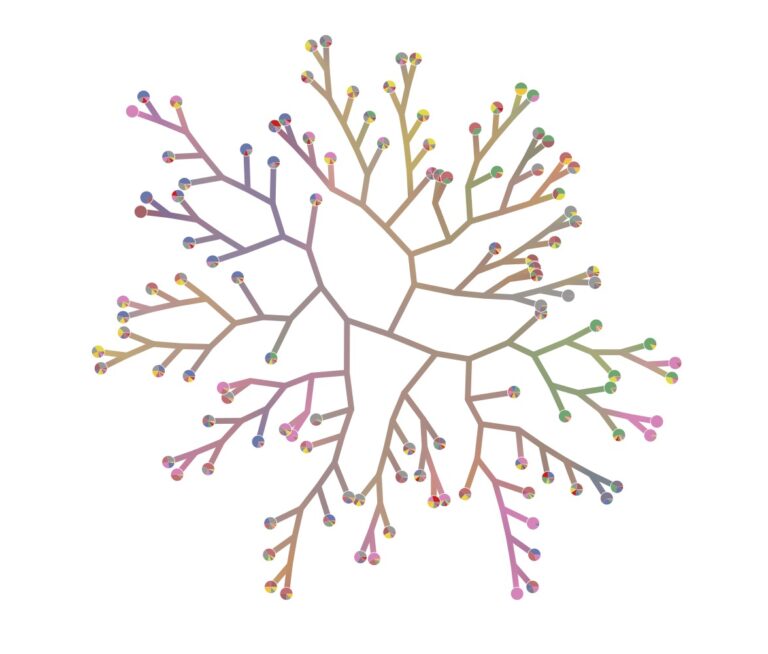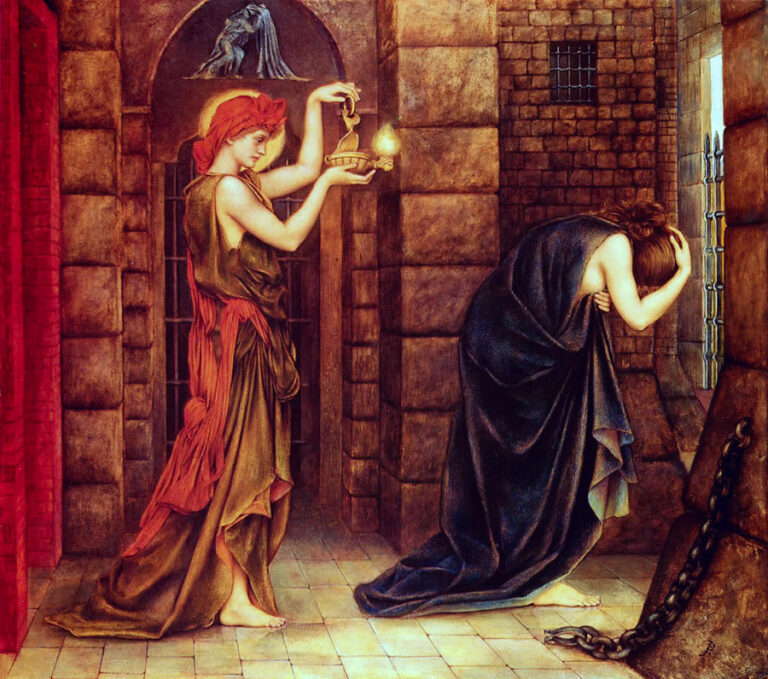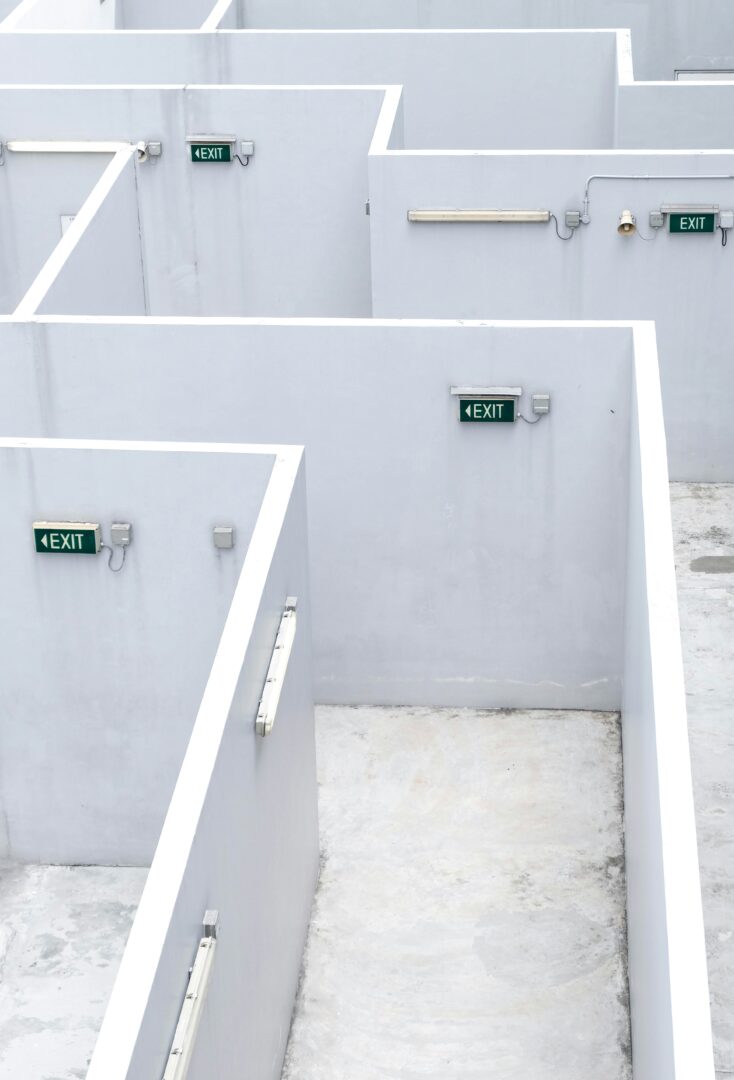This essay provides a cursory sketch of the circulation of science as a fetish object in critical theory—particularly by way of an attention to the conceptual popularity of science studies and various permutations of object oriented ontologies. It does so to identify how and under what terms scientific knowledge becomes a necessary site of interdisciplinary collaboration with the humanities, and challenges how these interdisciplinary trafficks disguise forms of epistemic priority ceded to the (hard) scientific method. Identifying in this movement a disavowal of racism in science’s conceptual repertoire and its ongoing claims to objective facticity, the essay criticizes contemporary recourse to science as the newest frontier in critical theoretical scholarship. In contrast to this, the essay poses a much more skeptical approach to the ethics and methods by which such projects develop and critically circulate.
Aporias
Edited by Joshua Falek
Aporias invites emerging scholars to write about the contemporary or historic controversies or lacunae within cultural studies or related fields that have yet to be properly synthesized, countenanced, or come to resolution.
Contribute a proposal >
Introduction
This special section provides snapshots of the field of cultural studies, querying theoretical lapses, overlaps, and contentions between and within competing texts. In these short pieces, emerging scholars enter contemporary or historic academic debates to complicate the canon without a desire for resolution.
The Future Isn’t Now: Impossible Action in Political Scholarship
In a world of negation, it is exhilarating to imagine possibilities. Such is evident in the strain of critique that asserts there is something radically productive in opening up possibilities. This makes sense: critical theory seeks to illuminate something beyond endless torrents of death and destruction. But, this essay contends, the thrill of possibility-creation has created a new aporia: the affect gesture of possibility risks overshadowing the realization of radical possibilities. Various strains of scholarship presume that scholarly politics is a matter of perceiving and awakening possibilities. The impulse is most readily clear in utopianist scholarship like that of José Esteban Muñoz, but it’s also evident in work by Saidiya Hartman, Eve Kosofsky Sedgwick, and even Rita Felski. All these materials propose that cultural materials can coordinate possible worlds, and by extension, scholarship competency is to schematize them. But, I argue, the scholarship that follows these thinkers risks becoming trapped by possibility. It’s captivating to imagine new ways of being or living or knowing, but there exists neither the professional incentive nor the affective discipline to realize those possibilities. In our reverie at imagining the construction of a better world, our blueprints don’t necessarily reach the builder—and the indulgence of possibility risks sliding back into despair. This essay does not argue for dismissing the scholarship above, but rather suggests we haven’t read them well enough. Muñoz, Hartman, and Sedgwick are not drunk on hope; their openness to possibility comes from the mute agony of living in an unlivable world. Although a variety of material factors stand in the way of scholar-activism, this affective trap remains one of the most pressing—for if we do not recognize the feelings that structure political scholarship, we will only be playing a language game, projecting possibilities that could never come to fruition.
Anti-Blackness as Disavowal and Condition: Rethinking Foucault’s “Carceral Society”
Recent calls to “defund the police” have seen a plethora of movements decry state funds allocated to the police and ask that those funds be placed elsewhere. In this article, we return to Michel Foucault to analyze how calls for rebalancing budgets away from the police force and towards social projects both rely on political categories established in Foucault’s work and encapsulates an aporia that emerges through them. Locating shifts towards the carceral in the context of European modernity, Foucault suggests that policing moves away from the spectacular torture and punishment of sovereign and state and towards technologies of power that proliferate across the social body. Here, we suggest that in this movement between sovereignty and power emerges a central tension that Foucault is incapable of resolving—between an exteriorized sovereignty (death) that necessarily appears at the extreme limits of power (life)—which threatens to destabilize the domain of power altogether. Race—as it appears in the European frame and reaching a zenith in Nazi Germany—encapsulates Foucault’s attempted mitigation. If anything, this exacerbates the problem by rendering the terms of inclusion in the domain of power (of making life live) incoherent. To see why, we go on to show how freedom from racial slavery—as space of incapacity—is the conduit through which entry is possible into the differentiated power that supposedly limits the social. But as such, the slave precisely indexes the aporia for Foucault that cannot be sutured. The implications of this can be seen in the calls to defund the police insofar as it implicitly repeats Foucault’s shift from police to social power.



